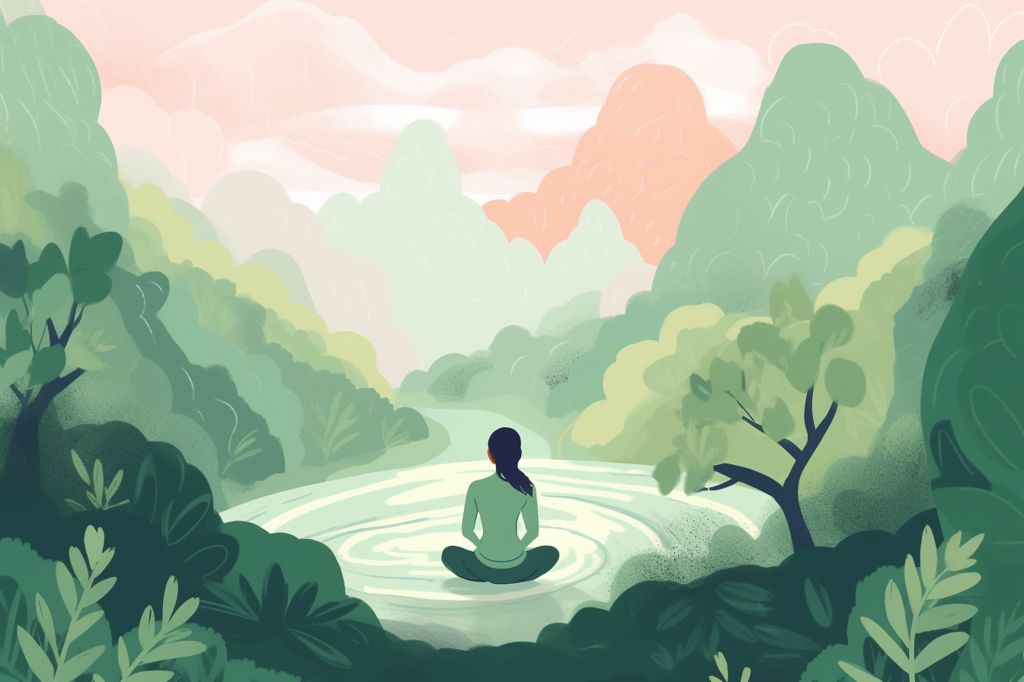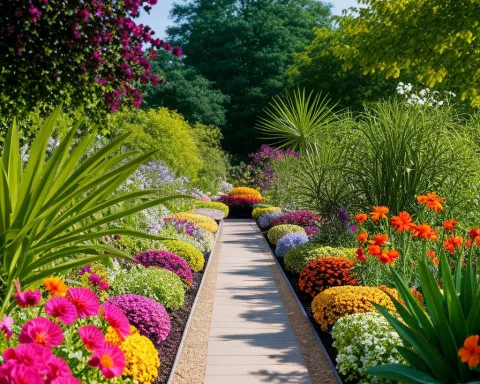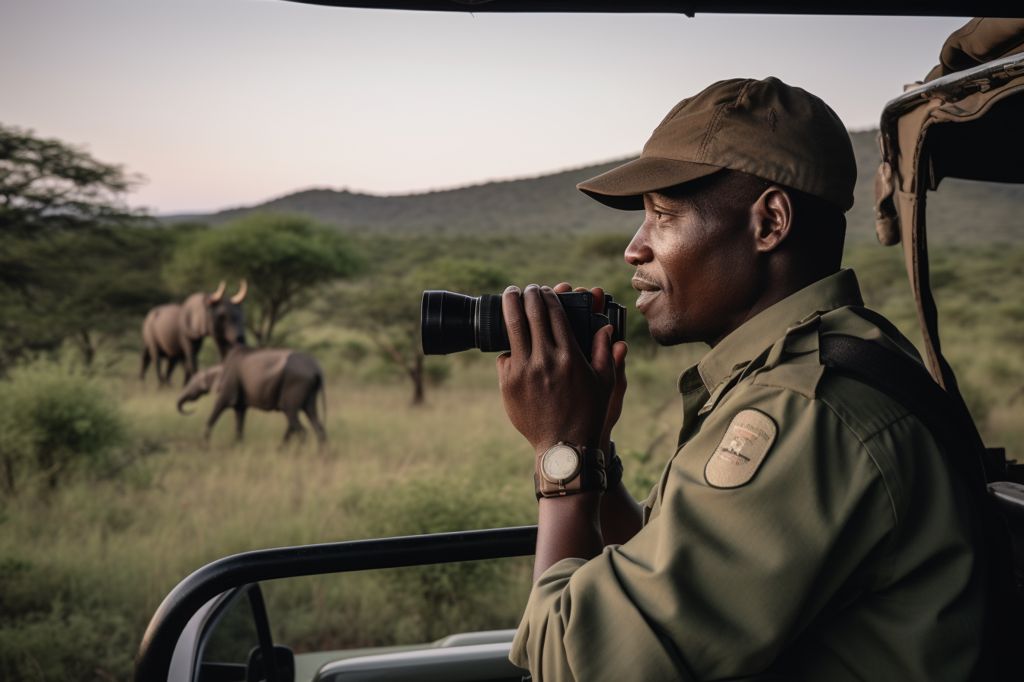Access to Nature: A Necessity for Well-being
Access to nature is not a luxury but a necessity for physical, psychological, and spiritual well-being. Numerous studies in many countries have documented the benefits of being in nature. However, more research needs to be done in developing countries on the importance of nature experience. In these countries, nature is often considered a luxury once basic needs are met. Instead, the focus is on economic development, housing and sanitation, and access to green space. As urbanization accelerates in developing countries, nature experience is becoming increasingly rare, and access to nature and green spaces is highly skewed along socioeconomic lines.
“Green Apartheid” in South Africa
South Africa has a highly uneven distribution of city trees and green spaces, which has been called “green apartheid.” Despite limited access to natural areas, people in urban and rural settings in South Africa’s Eastern Cape Province strongly appreciate nature. They value natural spaces for their contribution to a sense of well-being, identity, and shared heritage, and as a means of easing feelings of hardship, stress, and loneliness. Access to nature significantly improves people’s well-being, especially among the lowest socioeconomic groups. However, making access to the heart a luxury that few can afford reinforces existing patterns of profound inequality.
Nature and Spirituality
Religion and spirituality feature strongly in people’s lives in South Africa’s Eastern Cape Province. Many respondents practiced Christian and African indigenous religions, including recognizing ancestral spirits. Access to nature helps ensure that spirituality remains a part of everyday life and vice versa. Childhood or youth, often associated with rural life and being in nature, was the most commonly reported best time in people’s lives.
Benefits of Accessing Nature
The finest period in people’s lives was when they were able to spend time in nature, according to 56 percent of respondents, and virtually all of those people believed that spending time in nature was a factor in that time being the best time in their lives. The passing of loved ones was by far the most common factor linked to the most challenging period, and time spent in nature facilitated the recovery process. Unfortunately, accessing natural places, particularly for women and girls in metropolitan areas, is becoming increasingly complex and unsafe. This decreases the number of possibilities available to play outside in natural environments. Children, particularly girls, do not get enough mental and physical health advantages that may be gained from spending time in natural settings.
Equal Access to Nature
Relationships with friends and family, religious practice and spirituality, and access to natural environments for various objectives, including material, recreational, and spiritual pursuits, all play a significant role in the well-being and happiness of individuals. It is crucial that development and urban planning approaches recognize the importance of nature experience, especially for the lowest socioeconomic groups, and promote equal access to natural spaces. Access to nature should not be considered a luxury but a basic necessity for physical, psychological, and spiritual well-being. By ensuring equitable access to the heart, society can promote well-being and happiness for all population segments.












